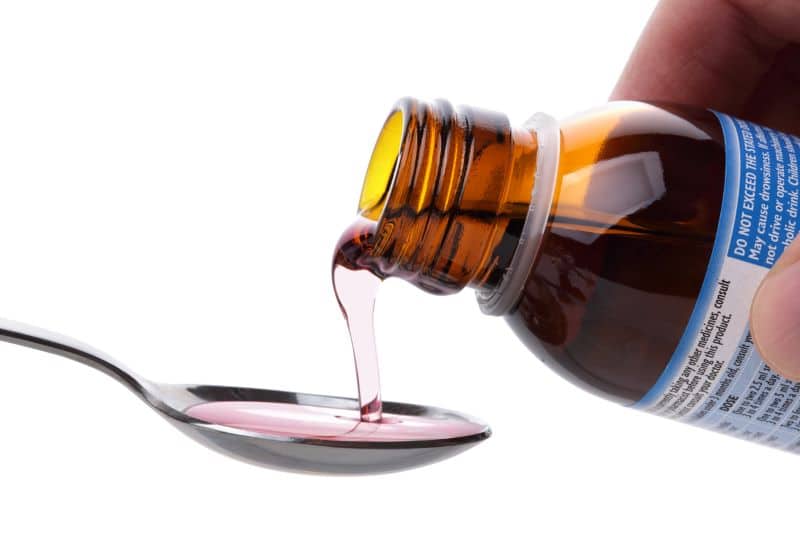- Home
- Product
- Patient
- Order Online
- Prescription Quote
- Collect at your Pharmacy
- Find a Pharmacy
- Find a Integrative Doctor
- Track my Medicine
- What is a Compounding Pharmacy?
- Child Friendly Medication
- Vet & Animal Compounding
- Easy to Swallow Pills
- Motion & Seasickness
- Medication without the Additives
- Unavailable Medications
- Schedule 8 Shipping Waiver
- Pharmacists
- Prescribers
- Shop
- FAQs
- About
- Careers
- Contact Us
- Home
- Product
- Patient
- Order Online
- Prescription Quote
- Collect at your Pharmacy
- Find a Pharmacy
- Find a Integrative Doctor
- Track my Medicine
- What is a Compounding Pharmacy?
- Child Friendly Medication
- Vet & Animal Compounding
- Easy to Swallow Pills
- Motion & Seasickness
- Medication without the Additives
- Unavailable Medications
- Schedule 8 Shipping Waiver
- Pharmacists
- Prescribers
- Shop
- FAQs
- About
- Careers
- Contact Us
Popular Cough Medicines Recalled

The TGA has urgently recalled a popular cough medicine ingredient due to an increased risk of anaphylaxis, resulting in the recent death of one Australian and reports to the TGA of 50 non-fatal incidents.
Pholcodine is found in a wide range of over-the-counter cough medicines for both children and adults, in both syrups and lozenges. It is especially used in treating a dry cough, but also used together with other ingredients to treat general cold and flu symptoms.
Pholcodine is an opioid that was approved for use in the 1950s, with no real oversight since that time. It works directly on the brain by reducing nerve signals that are sent to the muscles involved in coughing.
The risk comes when a patient has taken pholcodine in in the 12 months before using neuromuscular blocking agents, such as those used during general anaesthesia. The reaction between the two medicines can, in a small number of cases, cause a severe and life-threatening allergic reaction.
The recall from the Australian Register of Therapeutic Goods includes 55 products containing pholcodine and affects some 44 products currently sitting on Australian shelves, including big brand cough medicine manufacturers like Benadryl, Codral, Difflam and Duro-Tuss.
The decision from the TGA comes after action against pholcodine-containing products from European Medicines Agency, backed up by data from a study in Western Australia.
Australian and New Zealand anaesthetists have been calling on the TGA to ban the ingredient since 2015, citing 6 deaths in the three years prior, and many more close calls, and a large-scale review from 2012 that found “no good evidence” for or against the use of pholcodine in suppressing acute cough.
Sweden has not had the drug for sale since the 1980s, and Norway since 2007. France has restricted sale to prescription-only.
The TGA previously said there was not enough evidence for it to act.
Because the ingredient is so wide-spread in Australia, a patient may not even be aware they have taken pholcodine. It is also known as morpholinylethylmorphine and homocodeine.
All consumers are urged to check the active ingredients of their over-the-counter medicines and discuss alternatives with their doctors. If you need general anaesthesia, alert your health professionals if you may have taken pholcodine in the past 12 months.
Recommendations from the TGA to healthcare professionals is to consider alternative treatments and check whether patients scheduled to undergo general anaesthesia have used pholcodine in the previous 12 months.
Fortunately, safer cough treatment alternatives are available. Talk to National Compounding Pharmacist today to find the right replacement medicine for you and your family.
